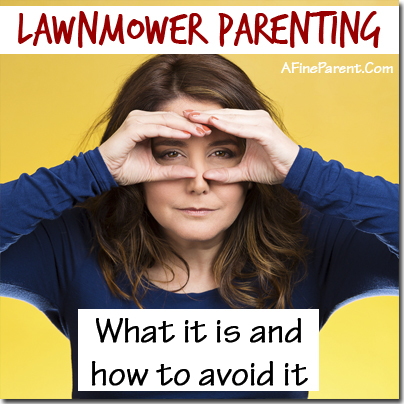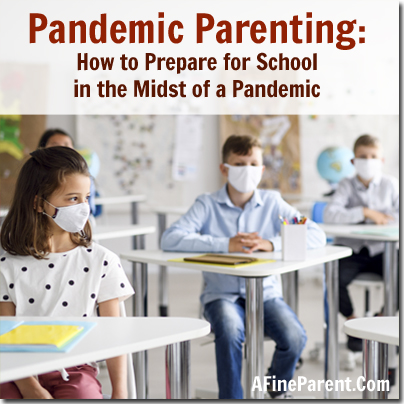 Lawnmower parenting.
Lawnmower parenting.
Isn’t it a cool term? Wait till you know what it means.
Lawnmower parenting is when parents turn into ninjas for their children and mow down every obstacle or challenge that could possibly occur in their lives so that their precious little ones don’t have to face even a tiny bit of discomfort.
Of course, it is only natural for parents to be protective of their children and to shield them from problems. But this instinct itself turns into a problem that could rob the children of their resilience. You and I have done it, albeit unknowingly, in our earnestness to give our children the best possible upbringing. [Read more…]
 Don’t you absolutely love it when your child giggles and embraces you with so much happiness in their heart?
Don’t you absolutely love it when your child giggles and embraces you with so much happiness in their heart? What a surreal start we are having to school this year, right? The best of Hollywood script writers wouldn’t be able to come up with the situation we find ourselves in!
What a surreal start we are having to school this year, right? The best of Hollywood script writers wouldn’t be able to come up with the situation we find ourselves in! As a middle school teacher of 20 years, I have observed a variety of personality differences among my students. In designing my lessons, I take into account how a child’s personality type can influence their learning style, and I’ve found there can be big differences.
As a middle school teacher of 20 years, I have observed a variety of personality differences among my students. In designing my lessons, I take into account how a child’s personality type can influence their learning style, and I’ve found there can be big differences. Pens. Pencils. Paper. Folders. Typically, in the heat of July and early August, teachers, parents and kids alike are browsing the store shelves, hunting for that perfect piece of classroom decor or locker accessory.
Pens. Pencils. Paper. Folders. Typically, in the heat of July and early August, teachers, parents and kids alike are browsing the store shelves, hunting for that perfect piece of classroom decor or locker accessory.